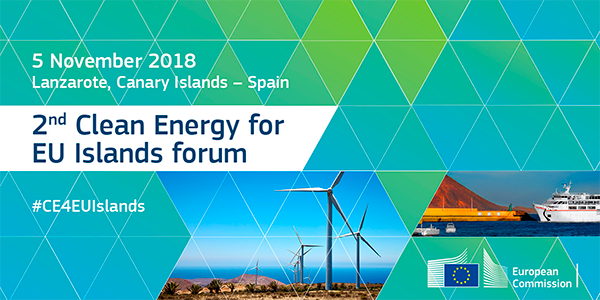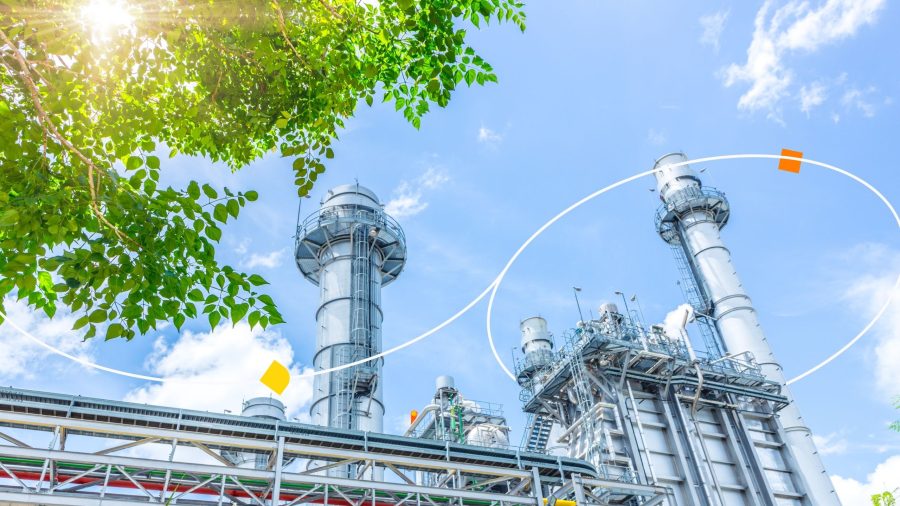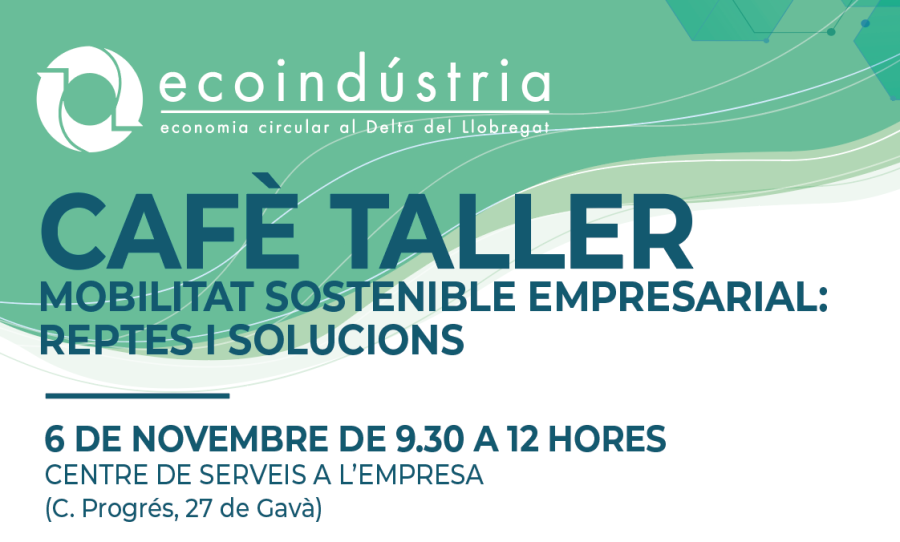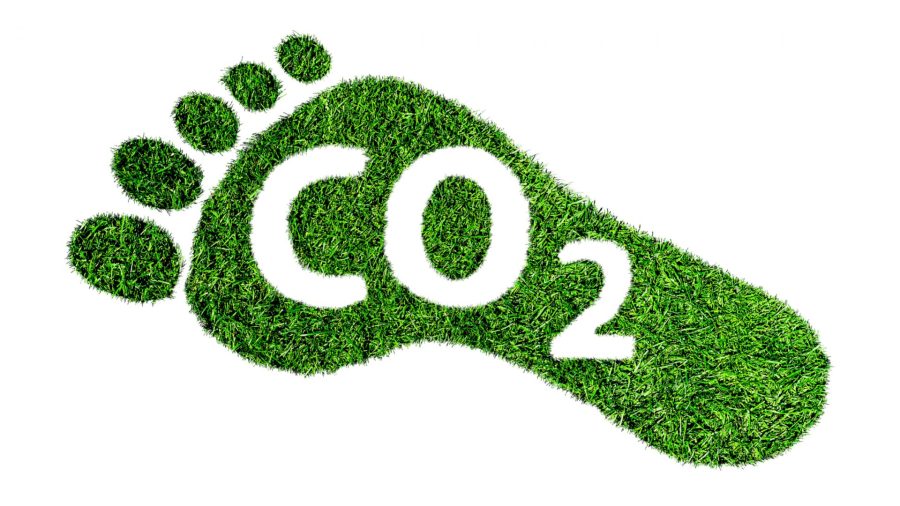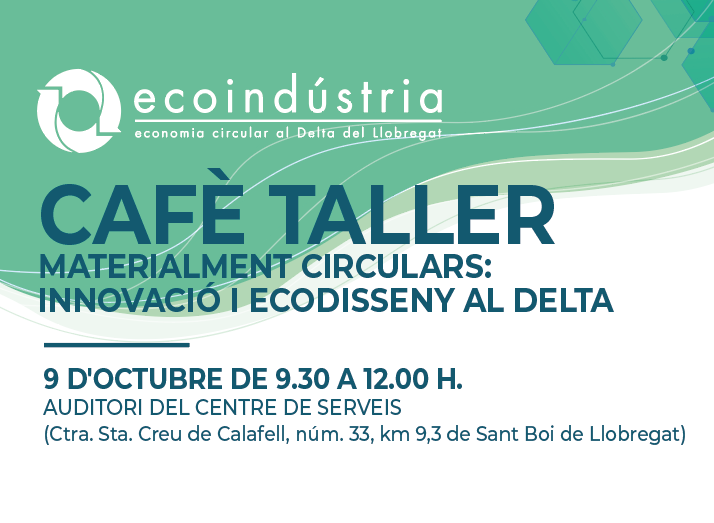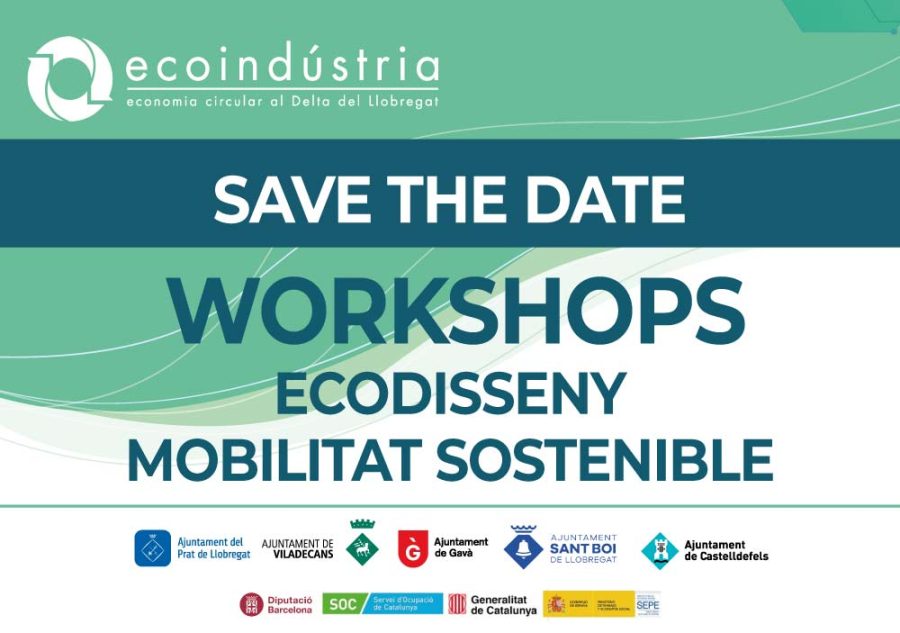Six European islands have this Wednesday published their clean energy transition agendas, taking a firm step towards the decarbonisation of their energy systems with a strong focus on citizen participation.
On November 20, the Aran Islands (Ireland), the archipelago Cres-Island (Croatia), Culatra (Portugal), La Palma (Spain), Salina (Italica) and Sifnos (Greece) published their respective agendas for the clean energy transition. These have been released in the context of the Clean Energy Forum for the EU Islands chamber in Split and Hvar, Croatia, where stakeholders from the EU island community meet from November 20 to 22 to discuss transition paths, technologies and opportunities to actively involve citizens.
The Cres-Losinj archipelago aims to completely decarbonize its energy system by 2040. This will be done in part through community-owned solar farmers.
breech will work towards self-consumption of 100% renewable energy, which will be owned by the local community.
The Aran Islands they will install community-owned wind power, modernize houses and deploy heat pumps or other renewable energy sources for domestic hot water and space heating.
Salina aims to increase public awareness, about energy and the environment; It will decarbonize its power generation plants, switch to 100% electric/hybrid mobility on the island, increase efficiency in its buildings and decarbonize its maritime transport.
La Palma it points to total decarbonisation and self-sufficiency in the energy sector. The island's transition team is focused on building a resilient island energy system, actively engaging the more than 100 local associations that pledged to support the island's transition.
On the other hand, siphons aims to become 100% renewable and self-sufficient, and has developed a number of paths the island could take to achieve this goal. Any facility will be owned by the local community and private investors.
Context
There are more than 2,200 inhabited islands in the EU. Despite having an abundance of renewable energy sources such as wind, solar and wave energy, many of them currently depend on expensive fossil fuel imports for their energy supply. The clean energy transition can help islands not only become more self-sufficient and prosperous, but also unlock new employment opportunities in their communities.
The EU Clean Energy Secretariat for Islands offers comprehensive guidance to islands on how to start and advance their clean energy transition in the form of a participatory methodology, support in preparing transition agendas, capacity of construction, technical support for the development of projects and financial plans, as well as the creation of networks and community building opportunities. In February 2019, 26 European islands were selected by the European Commission for their potential to become "torches" and inspiring examples in the transition to clean energy, with support from the Secretariat.
The publication of the agendas of these six islands constitutes the first phase of this initiative. The other twenty islands will do it by the summer of 2020.

